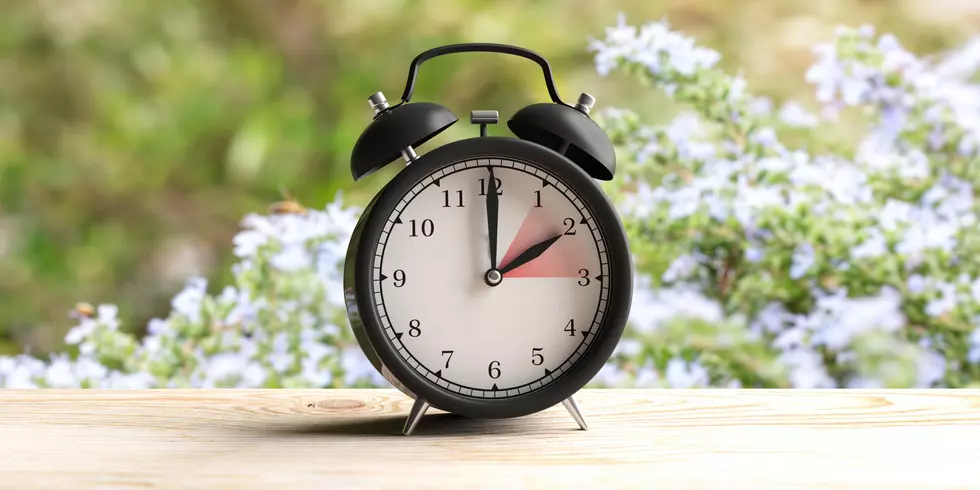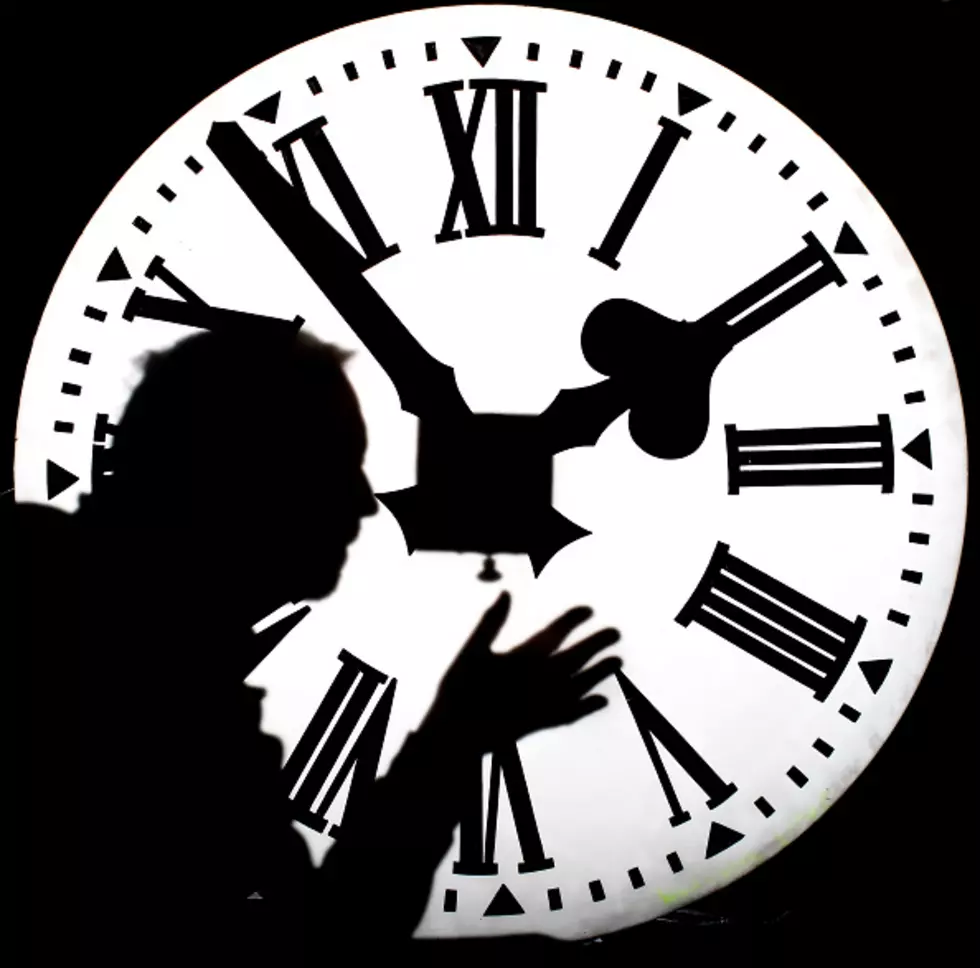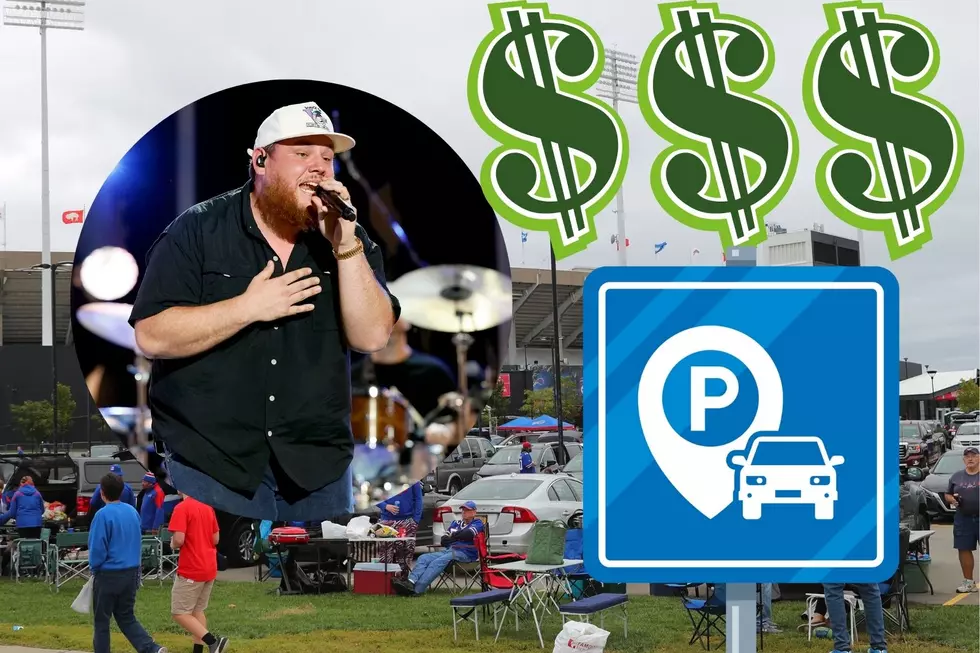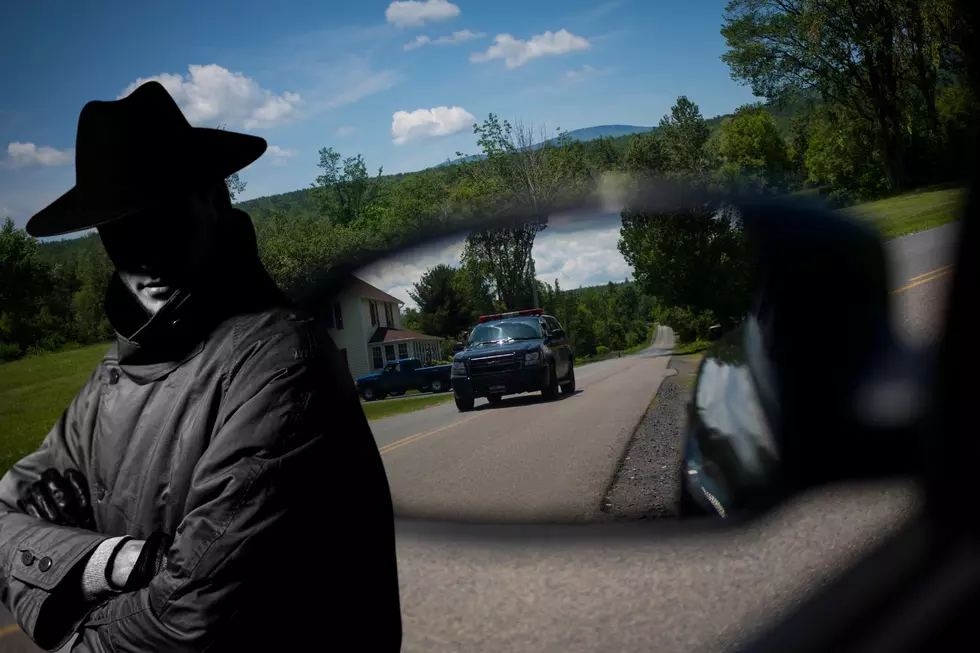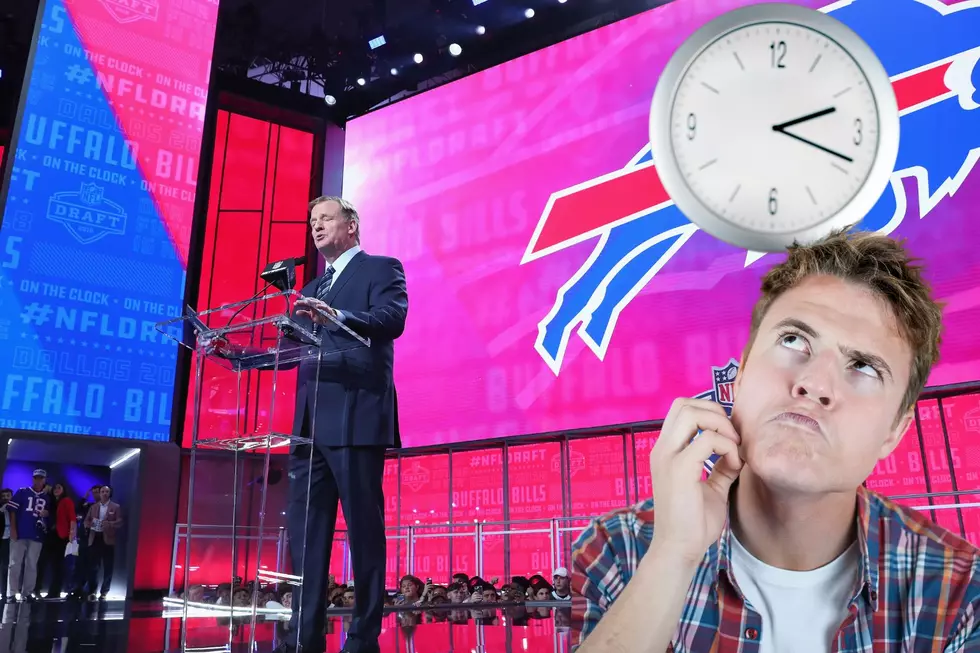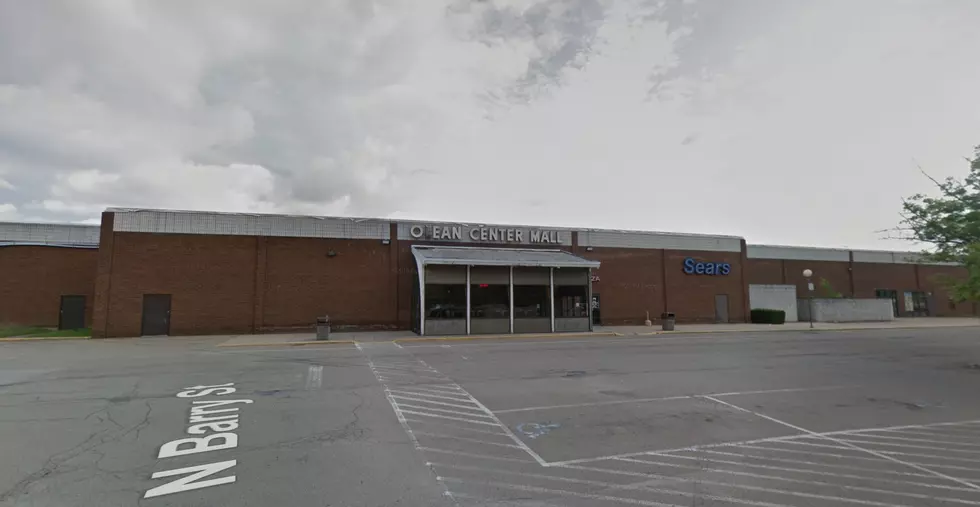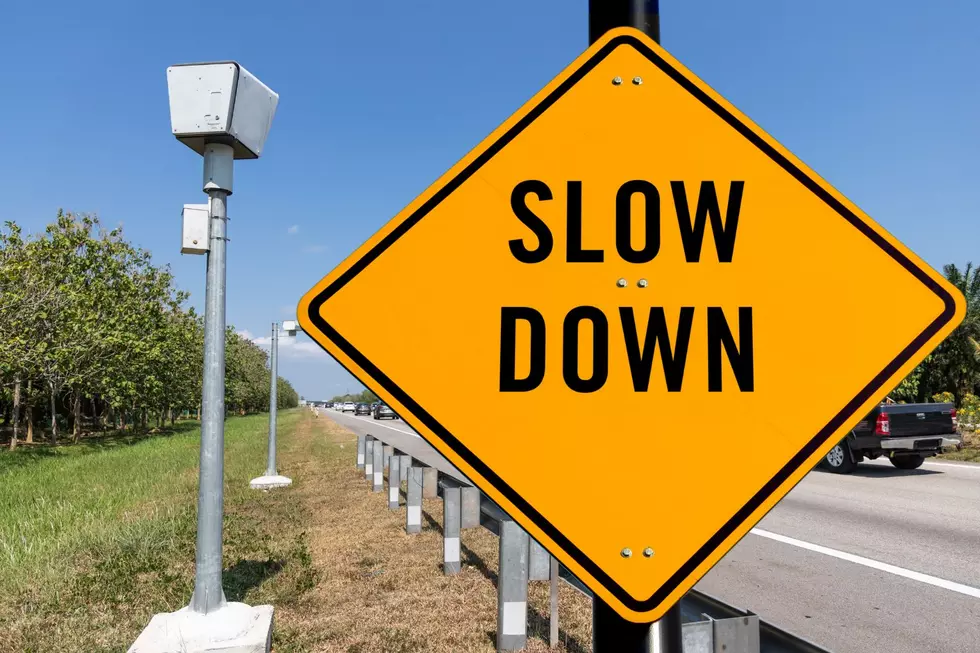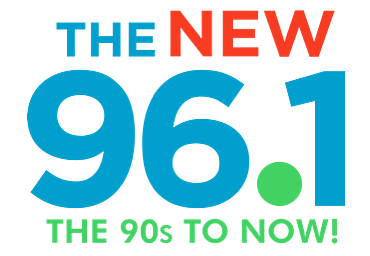
Time Change Nov 1st But Does It Really Equal More Sleep?
Daylight Saving Time officially November 1st, which means upon retiring Halloween night we set our clocks back one hour. In theory, “falling back” means an extra hour of sleep this weekend...right?

That may be an overly optimistic view. In reality, many of us can’t, take advantage of this weekend’s extra hour of sleep. And the result can disrupt our sleep for several days.
Research teams for years have tried to determine if losing or gaining an hour of sleep because of time changes make a difference in health.
Michigan researchers, writing in the American Journal of Cardiology, showed a small increase in heart attacks on the first day (Sunday) of the spring transition to Daylight Saving Time, when we “lose” an hour of sleep. This echoed a Swedish study published in the New England Journal of Medicine showing a small increase in heart attacks after the start of Daylight Saving Time and a small decrease at its end.
Researchers around the globe have also looked at driving accidents, workplace safety, and even school performance, with varying results.
Gaining or losing an hour of sleep overlooks what experts describe as the bigger picture—the effect of Daylight Saving Time transitions on the sleep cycle. Dr. Yvonne Harrison, a senior lecturer at Liverpool John Moores University in England, concludes in the journal Sleep Medicine Reviews that even a small one-hour shift in the sleep cycle can affect our sleep for up to a week.
Each of us experiences physical, mental, and behavioral changes during the course of a day called circadian rhythms. Sleep is a component of such rhythms.
Exercise, preferably as part of a daily routine, may help get your sleep cycle back on track. Going to bed and getting up at regular set times may help. Maybe even indulging in a brief afternoon nap during the week may be a way to restore lost sleep.
KEEP READING: See how animals around the world are responding to COVID-19
More From The New 96.1 WTSS
